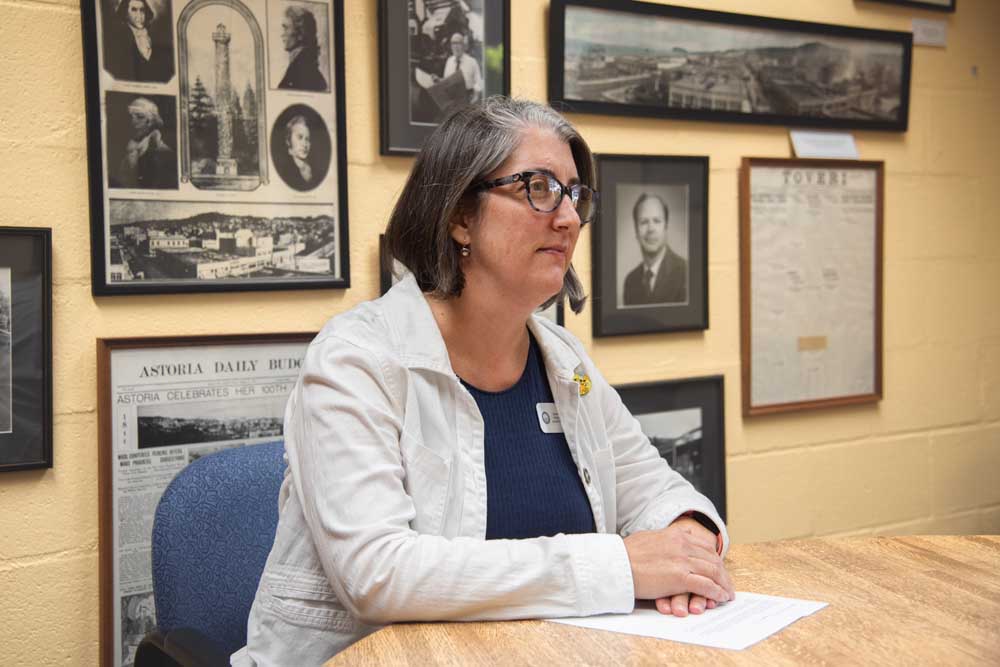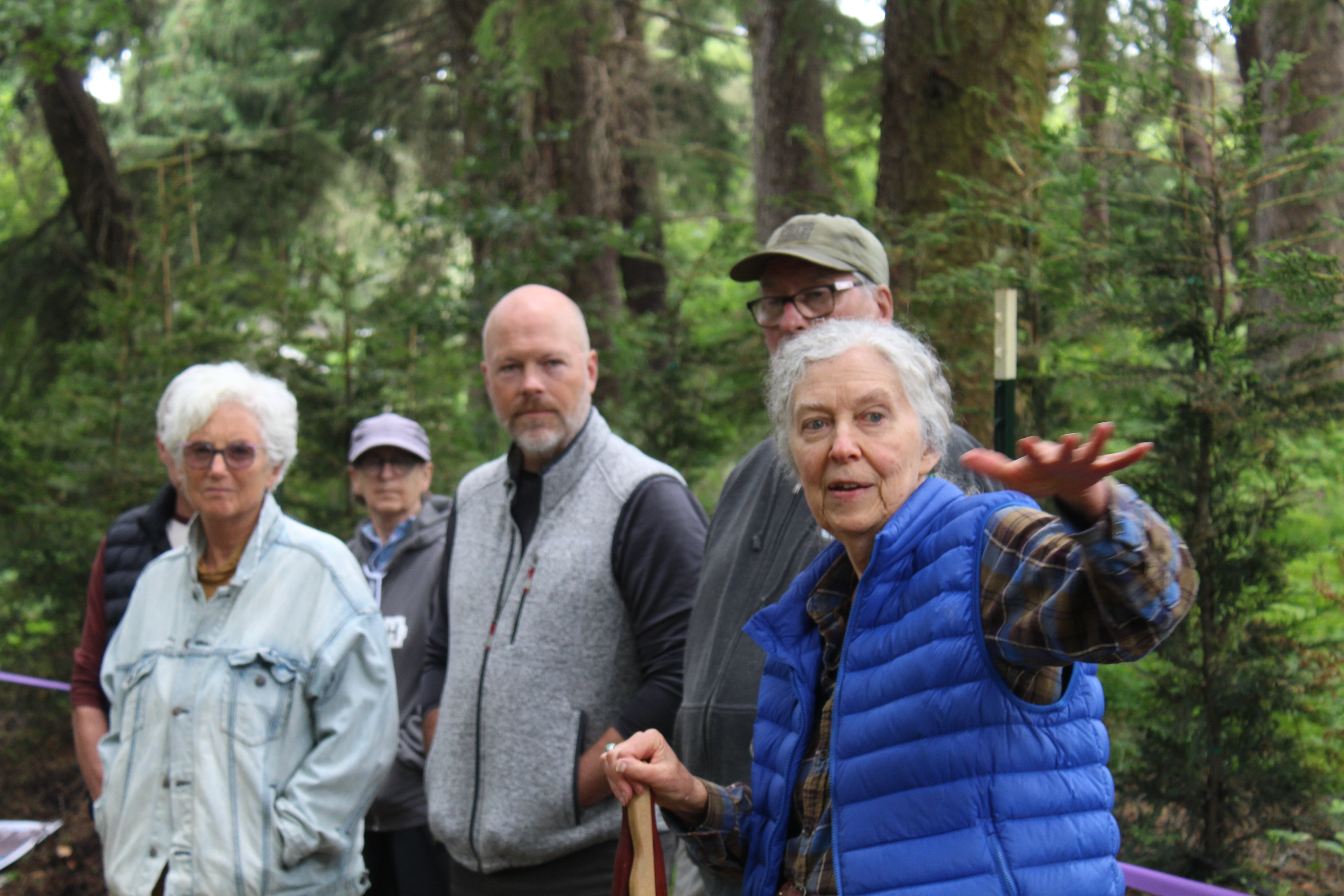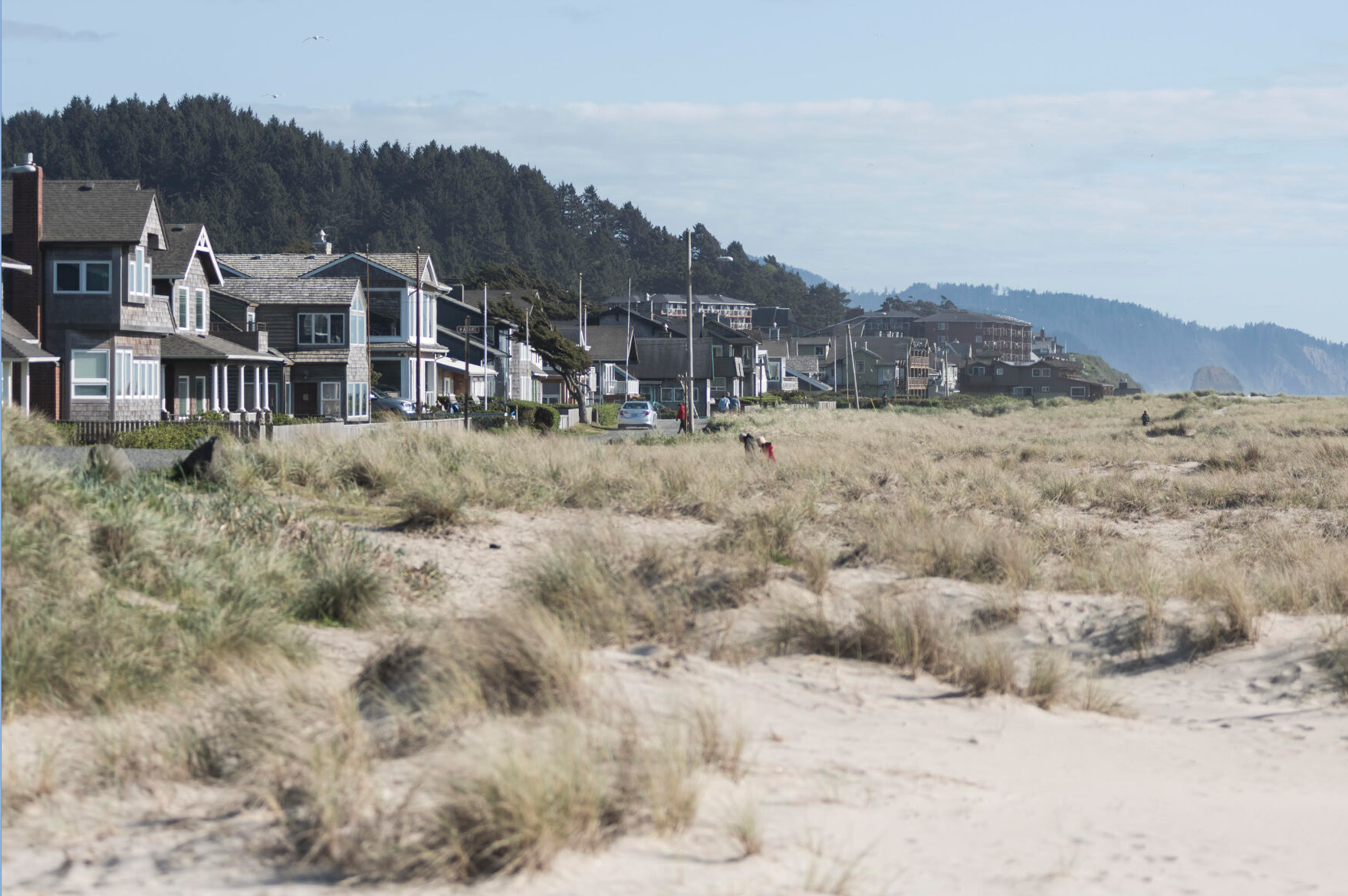Behind the News: ‘We are one of the bedrocks of a working democracy’
Published 12:30 am Saturday, August 26, 2023

- Suzanne Harold is the director of the Astoria Library.
For people closely following the renovation of the Astoria Library, the outline that will soon go on display for public feedback will look familiar.
Trending
The city will use the concept created by Hennebery Eddy Architects several years ago as the starting point for the $10.7 million project.
Voters overwhelmingly approved an $8 million bond measure last November to help finance the renovation, a compromise to upgrade the 56-year-old building on 10th Street rather than pursue something new.
The renovation is expected to create an open footprint with more natural light, make better use of the basement, ensure the building is accessible to the disabled and address lingering maintenance and systems defects.
Trending
As important as the nuts and bolts, the city is investing in the public library at a time when libraries nationally have been in the political crosshairs.
“I feel like we are one of the bedrocks of a working democracy,” said Suzanne Harold, the library director. “America is built on the idea that an educated populace will make the choices for how we want to be governed. And instrumental in that is free access to education and information.
“So that’s where libraries give that access with as few barriers as we can manage. So we have over the past few decades really worked at eliminating those barriers to access.”
Harold, who was born in Astoria and moved back to the city a decade ago, was named library director in April. The former youth services senior library assistant had served as interim director since last summer.
In an interview, Harold shared guidance about the public feedback process and discussed the role public libraries have in preserving free speech.
Q: Astoria has been discussing a new library for many years. I think some people wanted a more ambitious project that could be used as a catalyst for redevelopment downtown, but there was a lack of political and financial support. The $10.7 million renovation is substantial and does have buy-in from voters. As library director, how to you view the project?
A: We at the library are excited about the renovation. Excited that we’re able to do the full renovation due to the strong support from the community that voted for the bond.
That will allow us, rather than doing piecemeal, staged renovation, we can take care of some deferred maintenance and systems that are failing now that the building is 60-some years old.
An update to bring in more natural light — that’s what we heard from the community in 2017 as a large priority. More community space to meet and gather.
We are thrilled. It has been, as you mentioned, a long, winding road to get here. But I feel like we are able to do a full and exciting renovation with the resources we have on hand.
Q: As we approach the public feedback process, what guidance do you have for people interested in sharing perspectives?
A: I encourage everyone to share their perspectives. We’re going to have multiple opportunities to do that.
There will be an in-person meeting, currently scheduled for Wednesday, Sept. 13. More details are coming on that.
But there will be an opportunity to come, look at the plans as they currently exist, give feedback on what priorities are, how they might have shifted since 2017.
We know we have new people in the community since the last time we did the public process. We are post-pandemic, so other things have shifted in just how we use space and our priorities as a community.
So this is a chance to circle back before we begin the renovation and make sure that what we’re doing meets our current needs.
Q: What type of feedback do you see as the most valuable?
A: We are still developing the exact questions that we’ll be asking, but there will be both online and paper survey options in addition to the in-person and some focus groups.
We are looking for priorities on how we use the space. What types of use are most important or most valuable to the community, from how types of technology, types of things we have in the teen space, types of meeting space — both small and like small study groups, single person, large groups — archival access.
Tell us about how you use it as a family if you’ve got kids or teens. What kinds of things would be great to have there that you don’t have. What things do we have now that you highly value.
What role do you see the library playing in your community ideally.
Q: Is there something about the renovation that you would like people to know that you don’t think they know now?
A: I think one thing that many people don’t know is that the building itself was designed by a native Astoria woman — Ebba Wicks Brown, who grew up here, graduated from Astoria High School, got her degree as an architect and then came back and worked with her father and designed a number of buildings in town and was a leading force at the time.
The type of architecture that we have — midcentury modern — people love it or they hate it. But we are going to aim to honor the legacy of Ebba Wicks Brown while making the building updated and functional, with more light, making it feel more open than it does right now.
The way that we use libraries has changed since 1967.
Q: Libraries have been in the political crosshairs. The number of book challenges nationally last year set a record, according to the American Library Association. In Oregon, the library association said there were two dozen book titles challenged last year. How does the Astoria Library deal with requests to ban books?
A: We, at this point, have not had any challenges lately.
We do have a process set in place that we’ve reviewed with the Library Advisory Board so that they know what to do. So if someone has a concern about an item in the library, we have a form that they would fill out letting us know what the concern is.
And then it would go to the director and the Library Advisory Board for review.
Q: What role do public libraries have in preserving free speech?
A: I feel like we are one of the bedrocks of a working democracy.
America is built on the idea that an educated populace will make the choices for how we want to be governed. And instrumental in that is free access to education and information.
So that’s where libraries give that access with as few barriers as we can manage. So we have over the past few decades really worked at eliminating those barriers to access.
And I think that we’ve seen lately the way that communities can break down when there’s a lack of communication and a lack of exchange of free ideas. So we also work hard to be that space where everyone is welcome and that it’s a neutral and respectful place for everyone in the community.









